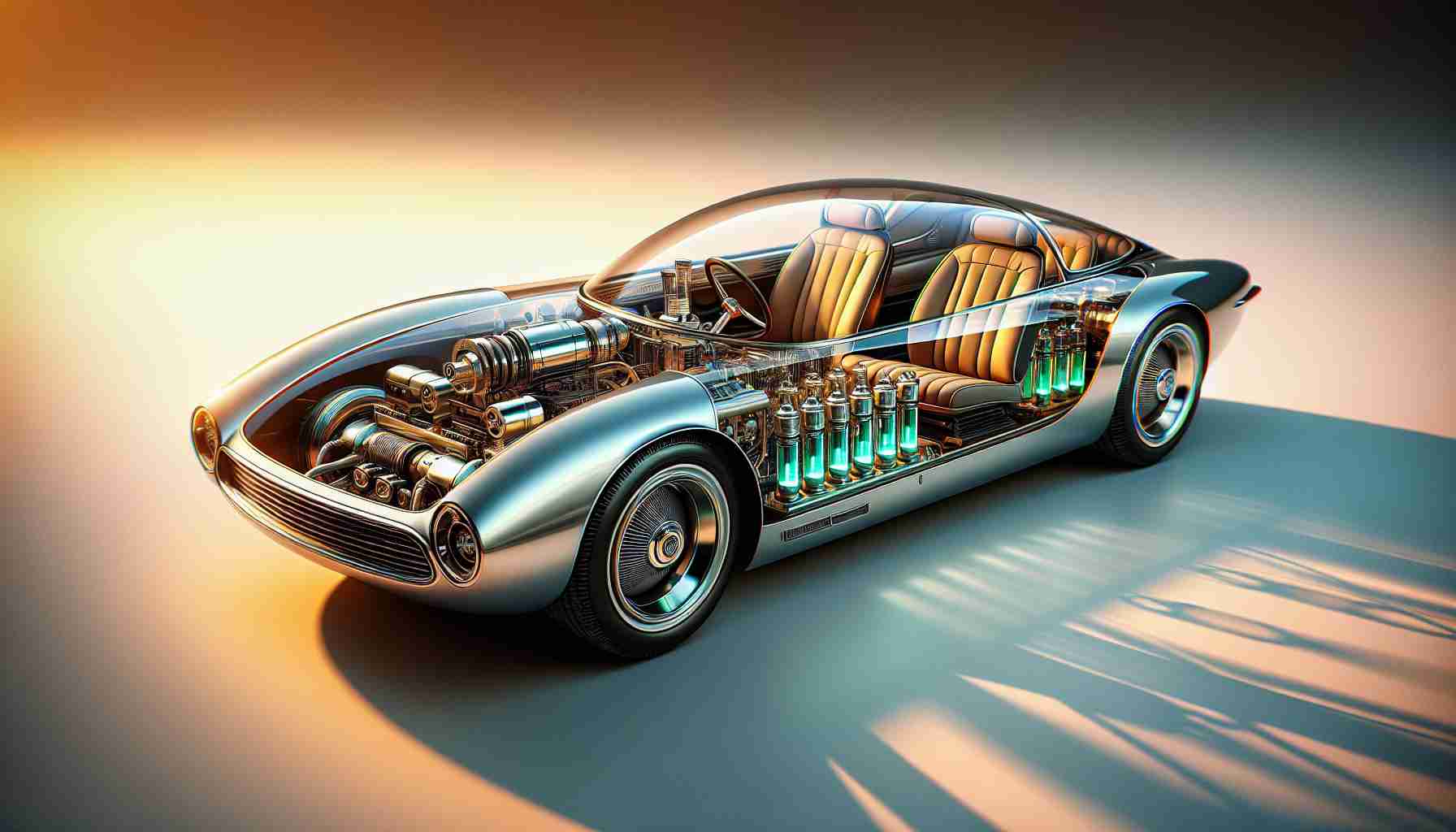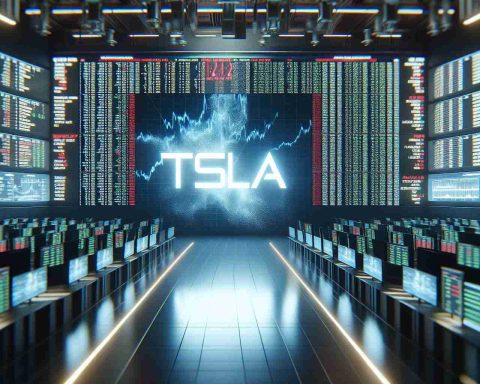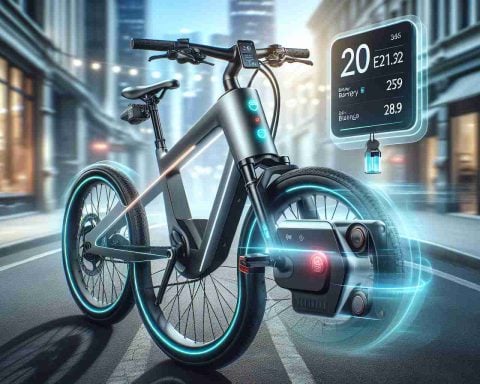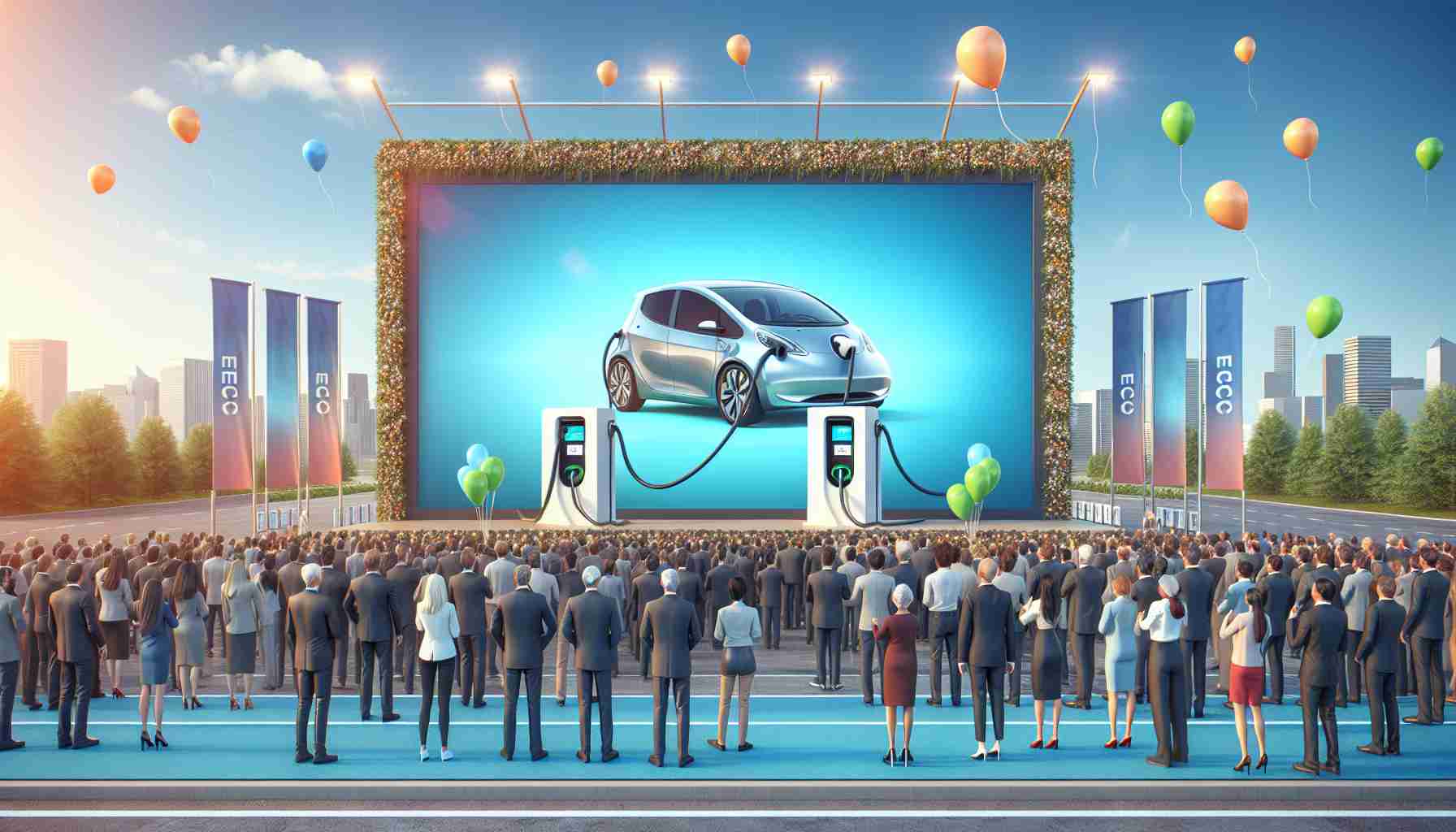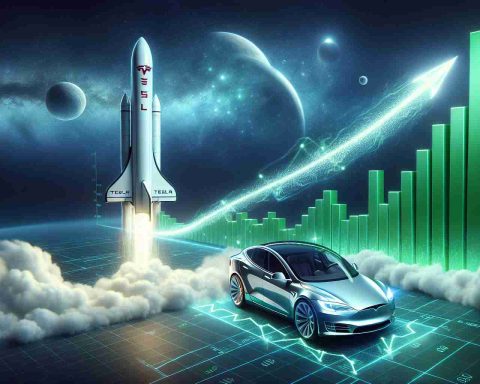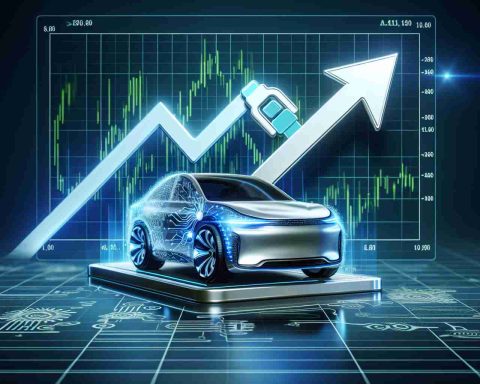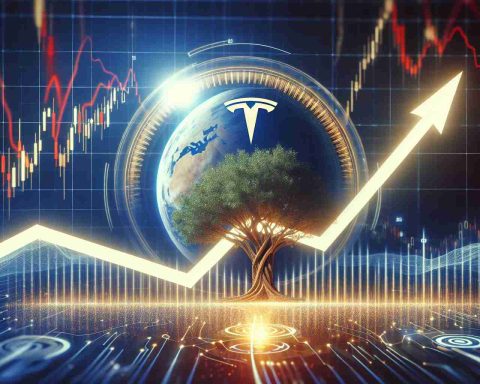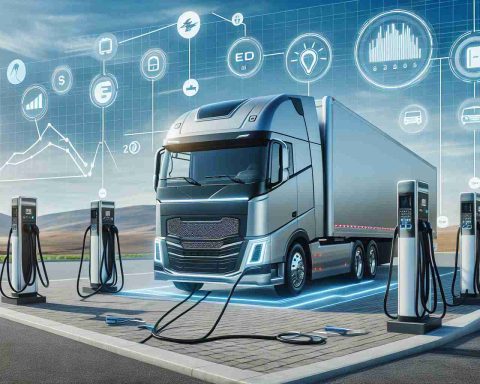A New Chapter for De Soto
The development of the world’s largest electric vehicle battery plant in De Soto, Kansas, promises not just economic growth but a transformation in energy practices. After nearly a year of preparation, this groundbreaking facility is set to revolutionize the local economy.
Panasonic is investing over $1 billion in the project, showcasing their dedication to both the community and sustainable development. As this state-of-the-art plant prepares for production, local leaders, including the governor, have established incentive programs aimed at encouraging corporate investment, contingent on meeting critical production goals.
With the plant’s arrival, residents are already noticing financial advantages, such as reduced property taxes. Local officials predict an influx of labor income, boasting forecasts of $500 million and a potential $2.5 billion return on investment. The facility’s construction also promises essential upgrades to the region’s infrastructure, including improved wastewater management and enhanced energy systems.
By 2026, up to 4,000 jobs may be generated, dramatically changing the employment landscape in De Soto. This employment boom will not only provide skilled labor opportunities but will also foster growth among local suppliers, stimulating further economic development.
As De Soto steps into this transformative era, the Panasonic battery plant stands as a beacon of hope, symbolizing a commitment to innovation, sustainability, and community prosperity in a rapidly evolving energy landscape. With these changes on the horizon, the future indeed looks bright for De Soto.
The Broader Implications of De Soto’s Electric Vehicle Battery Plant
The establishment of the largest electric vehicle battery plant in De Soto, Kansas, not only signals a pivotal moment for local economic growth but also hints at broader societal and environmental transformations. The shift towards sustainable energy practices represented by this facility indicates a potential turning point in how communities engage with ecological issues. As electric vehicles (EVs) continue to gain traction, reliance on fossil fuels could decrease substantially, contributing to a significant reduction in carbon emissions. This shift is critical in the fight against climate change, and communities nationwide may look to De Soto as a model.
Culturally, the influx of jobs and investment in green technology promotes a new narrative around energy independence and environmental stewardship. As more communities embrace similar initiatives, we may observe a shift in public perception towards renewable energy sources as mainstream rather than alternative options.
The plant’s anticipated impact on the global economy must not be overlooked. In response to rising demand for electric vehicles, many auto manufacturers are pivoting their strategies, which could reshape global supply chains and create opportunities for international collaboration in green technologies. Additionally, as cities adopt similar practices, the ripple effect may stimulate innovation and investment across sectors.
For the environment, the plant’s commitment to sustainable development sets a precedent that long-term investments in green infrastructure are not just beneficial but essential. From enhanced wastewater management to energy efficiency upgrades, the push for sustainability will likely influence future trends in manufacturing and urban planning. Looking ahead, cities can find inspiration in De Soto’s example, forging a pathway toward a more sustainable and economically viable future.
De Soto’s Electric Future: The Panasonic Battery Plant Revolutionizes Local Economy
A New Chapter for De Soto
In a move set to reshape the economic landscape of De Soto, Kansas, the world’s largest electric vehicle (EV) battery plant is underway, thanks to a significant investment from Panasonic. This facility not only stands to ignite economic growth but also to set new standards in energy practices in the region.
# Economic Impact of the Panasonic Battery Plant
Panasonic’s investment of over $1 billion reflects a deep commitment to De Soto, promising a transformational impact on the local economy. The project’s ambitious scope includes generating up to 4,000 jobs by 2026, thereby revitalizing the workforce and contributing to the community’s prosperity. The anticipated labor income is estimated to reach approximately $500 million, with projections suggesting a staggering $2.5 billion return on investment.
# Infrastructure Advancements
The establishment of the battery plant is poised to bring about essential upgrades to local infrastructure, including:
– Wastewater Management Improvements: Enhanced systems will support both industrial and residential needs.
– Energy Systems Enhancements: Upgraded energy solutions are anticipated to create a more sustainable and efficient energy distribution network.
# Incentives for Growth
Local government initiatives aimed at attracting further corporate investments are already in place, contingent on Panasonic meeting key production milestones. This effort reflects a strategic approach to fostering an environment that encourages long-term growth and sustainability in De Soto.
# Sustainability and Innovation
The plant not only embodies Panasonic’s dedication to economic development but also signals a commitment to sustainability. By focusing on electric vehicle batteries, the facility will play a critical role in reducing carbon footprints and promoting green technology.
Additionally, the emergence of the battery plant aligns with global trends that prioritize sustainable energy solutions. As more industries recognize the importance of eco-friendly practices, De Soto is positioning itself at the forefront of this remarkable transition.
# Pros and Cons
Pros:
– Significant job creation and economic rejuvenation in the area.
– Infrastructure upgrades that benefit the whole community.
– Encouragement of sustainable energy practices.
Cons:
– Potential strain on local resources due to increased demand.
– Challenges in workforce training and skill development.
# Conclusion
As the Panasonic battery plant prepares for production, De Soto stands on the brink of significant economic transformation. With forecasts suggesting robust financial returns, job creation, and advancements in sustainable practices, the future looks promising for this community. Such developments not only benefit the local population but also contribute to broader global efforts toward sustainable energy solutions.
For more information on economic and sustainable initiatives in De Soto, you can visit Panasonic’s website.

